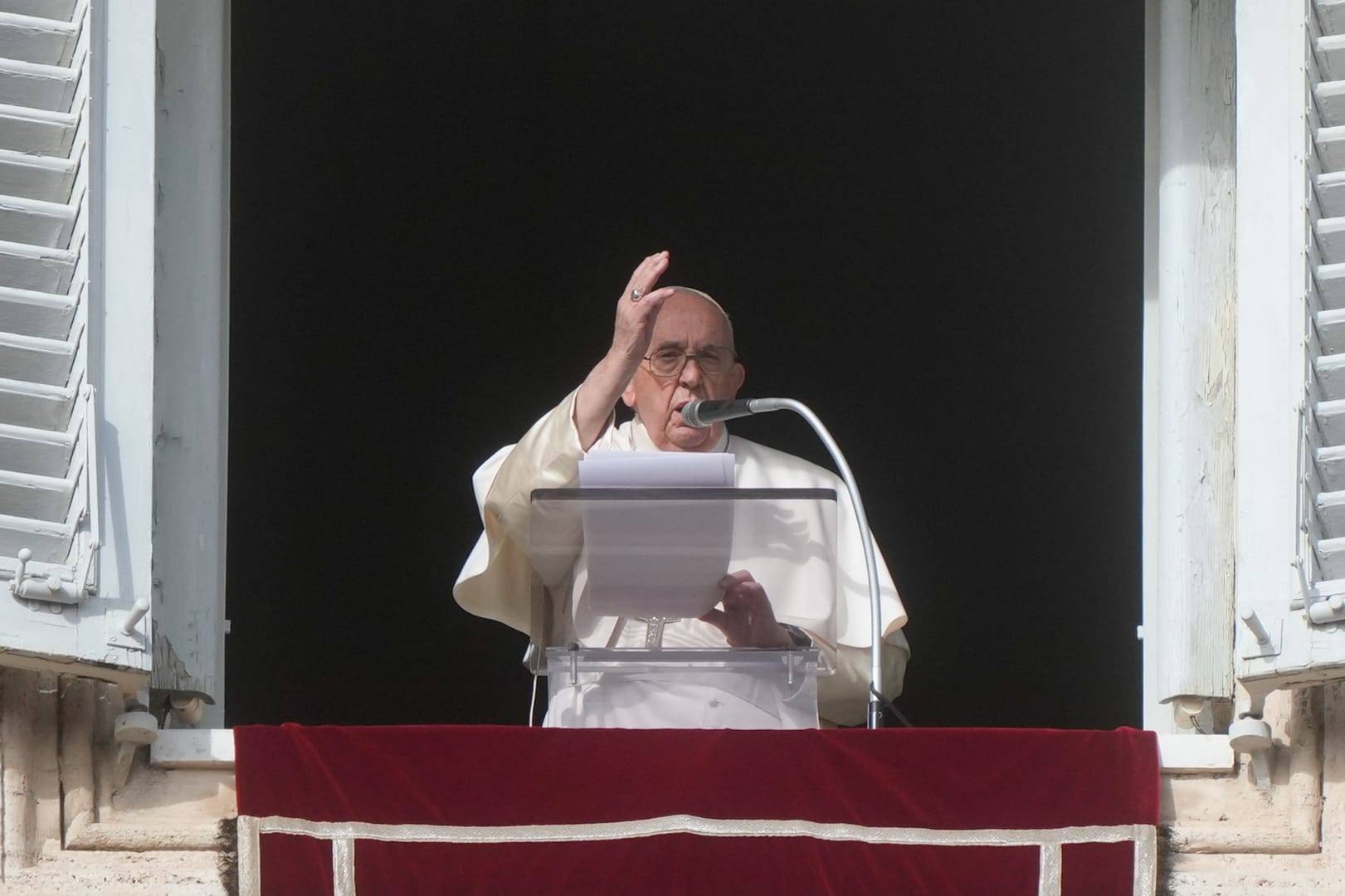ROME – Just days before Pope Francis’s scheduled arrival in Santiago on Monday, three incendiary devices exploded in three Catholic churches in Chile’s capital, while a fourth was defused. In one location, the unknown perpetrators left a direct threat to the Latin American pontiff: “The next bombs will be in your cassock.”
Chilean President Michelle Bachelet, who’ll welcome Francis at the airport on Monday, said Friday that the events which took place on the night of Jan. 11-12 are “very strange, because it’s not something that one can identify [with] one specific group.”
Francis will be in Chile Jan. 15-18, before heading to Peru until Jan. 21.
Speaking with Radio Oasis, Bachelet said that “what I’ve been told is that, for example, in Colombia, there were groups there with a little sign [when the pope visited]. Meaning, in a democracy, people can express themselves, as long as they do so in a peaceful and adequate way.”
Pablo Orrego, an official of the Santiago Metropolitan Region, went on Twitter to voice his opinion on the attacks: “We energetically condemn the attacks against parishes that have taken place in the past hours. Vandalism and violence must be eradicated. Pope Francis is a global spiritual leader and also a head of state, and he deserves everyone’s respect!”
Protests already were expected during Francis’s visit, most of them centered on the Church’s response to the clerical sexual abuse crisis, but this is the first hint of potential violence.
RELATED: Pope to face fallout from abuse scandals in both Chile and Peru
According to Chile’s Interior Sub-secretary, Mahmud Aleuy, the arson attacks on the four churches “have similarities but are not necessarily connected. You know that there are many groups that act individually.”
No group has claimed responsibility for the attacks, and although some share similarities, not all do, and the devices used weren’t the same in each case. Twice, a fire extintinguisher and plastic receptacles were used to create an explosion. In a third case, an incendiary device was thrown through the church door, and in the fourth attempted attack, the neutralized explosive included a gas canister with fuel.
One of the places attacked was the Church of Saint Isabel of Hungary, where a group of unidentified individuals allegedly jumped over a protective fence, threw an incendiary device at the church’s wooden doors, and left pamphlets all over the place.
The full message of the pamphlet, made available by Chilean authorities, translates to: “We will never submit to the dominion you [plural] want to exercise over our bodies, our ideas and actions, because we were born free to choose the path we want to take. Against every religious man and woman and against every preacher.”
“Bodies free, impure and wild. We attack with the combative fire-making your disgusting moral explosion,” the message reads.
“Freedom to all the political prisoners of the world, Wallmapu [indigenous territory] free, autonomy and resistance,” the message says towards the end. “Pope Francis, the next bombs will be in your cassock.”
Father Fernando Ibáñez, who lives in the parish that was attacked, told Radio Cooperativa that a few hours before the attack, a group of young people came by the church and shouted obscenities, but he didn’t think an arson attack would follow.
“I heard the dog bark, and from my window I saw the flame,” the priest said. “I woke up and told the parish priest, Father Cristian. The neighbors were screaming, shouting at us, and all I could to is bring the hose out and begin to put the fire down.”
In the church of Christ the Poor, close to a metro station, the police neutralized a fourth explosive. Assailants left a message here too, not in the form of pamphlets but on the wall, next to the church’s entrance, questioning expenses for the papal trip while the “poor are dying.”
Chile is preparing an extensive security control for Francis’s visit, deploying some 18,000 men and women of the national security forces.
















